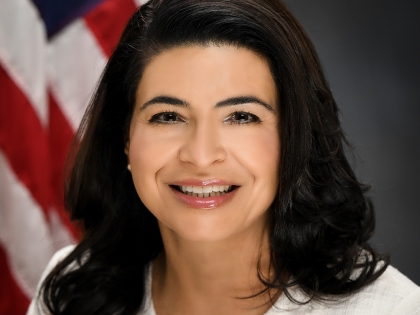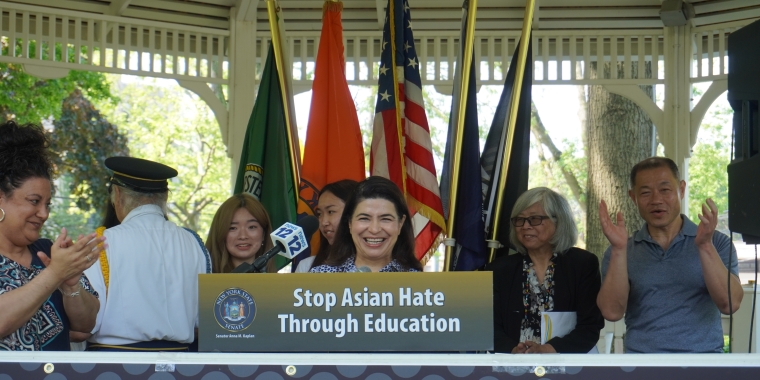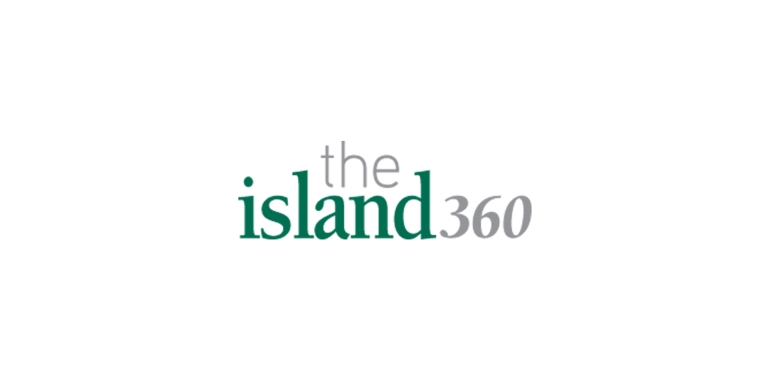
Minority and Women-Owned Businesses Discuss Hardship and Government Assistance During Pandemic
As the pandemic continues to threaten small New York businesses’ financial security, a group of women and minority small business owners of New York virtually gathered on Thursday to discuss the pandemic’s impact on their business.
The discussion, led by Senator James Sanders Jr. and Senator Anna M. Kaplan, that lasted nearly 3 hours, primarily focused on the lack of government assistance for small business owners as they struggle to compete for federal loans and grants.
Members expressed that the way money is given to minority businesses has not been effective even before the pandemic. President and CEO of Leverage Assessment, Kyana Beckles, is amongst the minority women entrepreneurs who’s has been struggling to get adequate economic relief to support her business in The Bronx. In July 2020, her company received a $5,000 grant from TruFund, a non-profit CDFI working to invest in small businesses. Additionally, throughout the pandemic, she and other minority business owners have encountered issues with bank loans. However, members expressed in the meeting that “loans don’t help us, we need grants.” According to a survey of more than 500 City-certified MWBEs conducted by the city’s comptroller, Scott Stringer, in June 2020, these businesses faced unique barriers when it came to federal, city, and private COVID-19 relief funds. 25% of the businesses surveyed did not apply for federal or city aid.
Women, particularly minority women, continuously face challenges as they do not have the same access as other companies. Gwendolyn Webber-Mcleod, President and CEO of Gwen Inc., stated how MWBE businesses would suffer economically if their business is not in the right relationship with the right people, an issue which is affecting small business owners such as Beckles.
With an upcoming presidential election on November 3rd, members believe that access to government assistance will be almost impossible. The Comptroller’s Office June 2020 survey revealed that 85 percent of MWBEs think they cannot survive for six more months.


